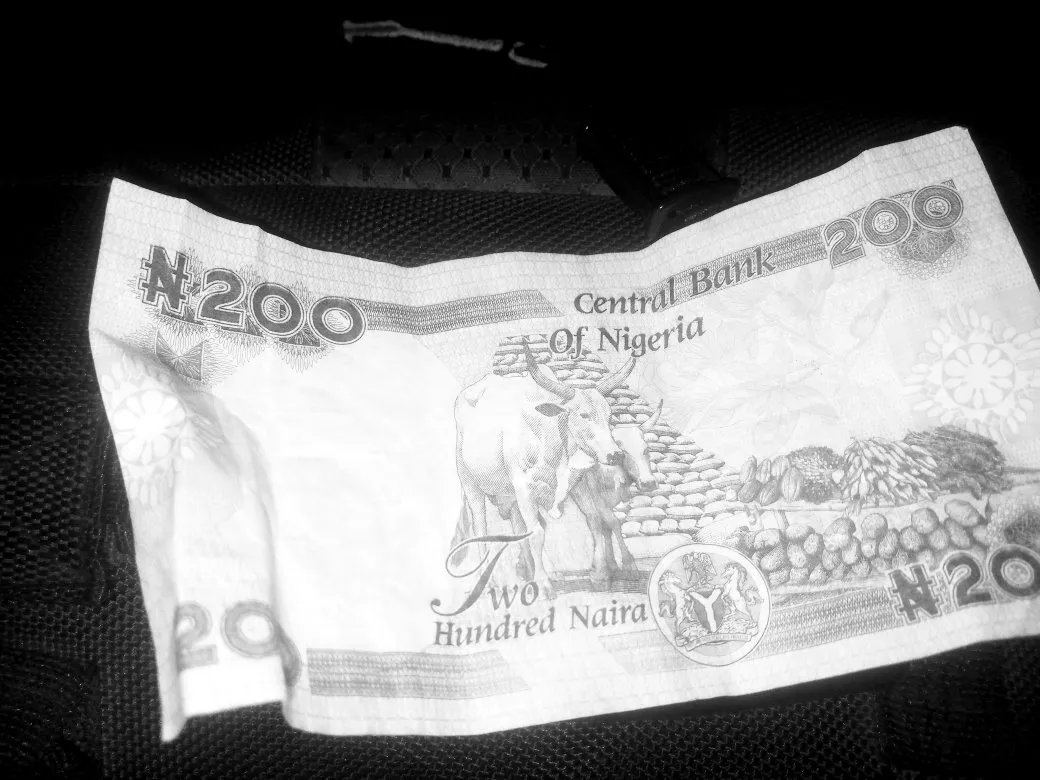
In recent time, Nigeria's currency have taken a new name, The Coloured Paper. This is because the value of the naira has depreciated so much to an extent that it is a high number but low in value.
Like the social classless society where money is considered an enemy, Nigeria's currency, the naira may be full in your hand but can do less.
A typical coloured paper may fill a room, I mean standard room but cannot buy a loaf of bread. That is the situation of the naira as we speak. At a time, the naira was stronger in value than the dollar. How come the currency depreciated so much? This is the question that would rage in the minds of an average layman.
On Friday, the green bank note further nosedive from #778 to #780 per $1. This current shift has been aligned to the rush to remove the naira from the streets in the apex bank policy of changing the notes to newer designs.
In the early 1970s, the naira was so strong that it was changing #1 to $1.7 but over the years, the biggest economy in Africa has suffered a huge blow due to the fall in the price of petroleum products in the international market. This factor has been a major determinant to the movement of the naira on the appraisal graph.
From 1999, when the nation assumed a new political phase of democracy, the economic imbalances have affected economic activities as much as the value of the naira.
During the regime of Chief Olusegun Obasanjo, the naira was selling for between #188 to #210 per $1. The coordinating minister for the economy, Dr (Mrs) Ngozi Okonjo-Iwealla, now the current president of the World Trade Organization and a former world bank director was able to make the economy work and become productive as a result.
What is now different?
Clear enough, when the economic policy is not differentiated from the political policy, you should expect this.
The elite, those with both political and economic power are conniving with government agency to siphon our major income source, thereby making the products cheap and vulnerable.
There should be a clear distinction between the running of the economy of any nation and the political activities.
For example, the pipeline that transports crude products from the point of extraction to the loading point have been undermined by some political juggernaut, thereby reducing our collective income. This goes to say that there are some individuals, criminally minded persons who are richer than our dear country only by stealing from our national treasury.
Hopefully, in the coming days, the naira should gain some strength after the redesigning.
I would rather that the prevailing economic policies be looked into first. One may not align redesigning the naira note as an economic policy.
Image used here is mine.